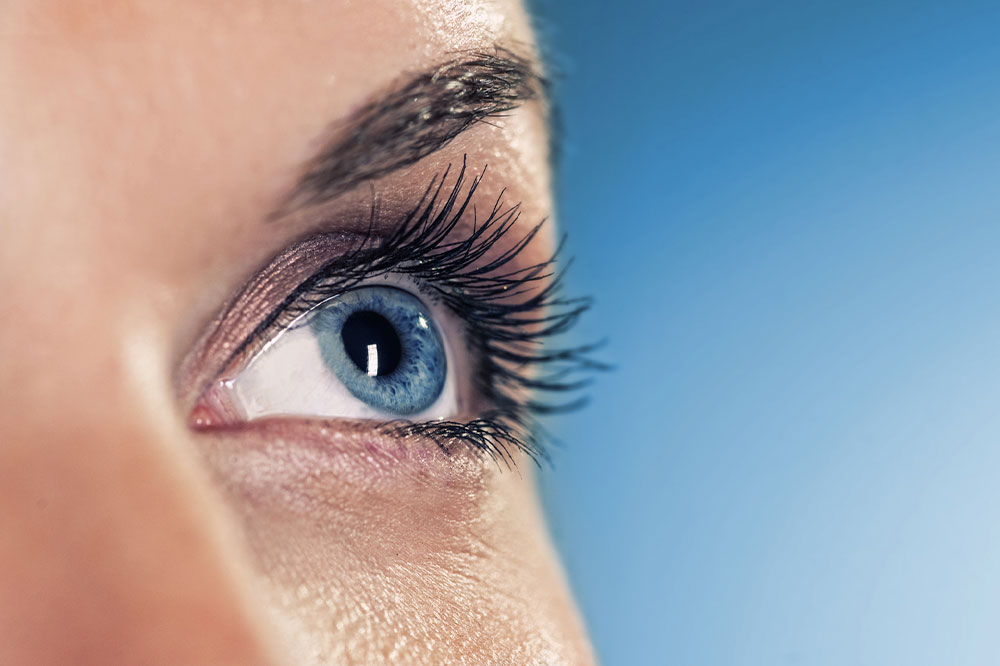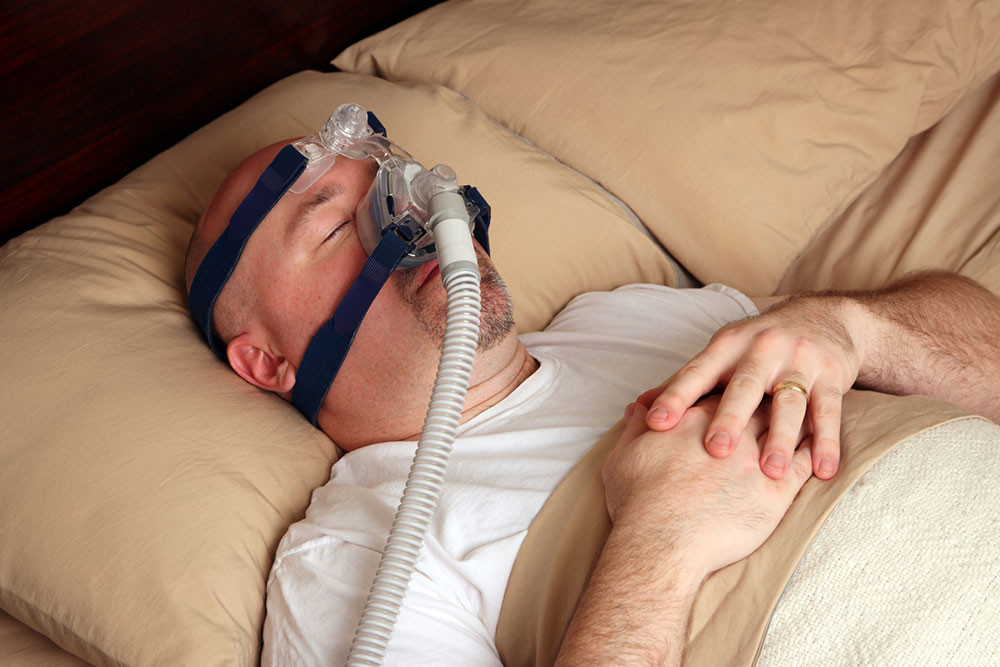11 Things to Clarify With a Doctor During a Health Checkup

The COVID-19 pandemic and growing health conditions have made people understand the importance of staying healthy and fit. People search the internet for exercise routines, nutritious foods, and alternative methods to improve overall well-being. But despite following a better lifestyle, certain underlying conditions might trigger health complications. This is why getting a regular health checkup is imperative. One should cross-check certain factors during a checkup to get a clearer picture of their health.
Health issue risks
Health issues may stem from multiple underlying factors, including gender, age, and genetics. Unhealthy lifestyle habits are another contributing factor to the eruption of unsuspecting diseases. Therefore, one of the first things an individual should ask the healthcare professional, following a diagnosis, is if they are at risk of health issues. It is essential to get an honest opinion from the healthcare expert in this regard.
Understanding stress
Bringing up depression, stress, or anxiety problems isn’t an easy task. However, asking the healthcare expert about these mental health conditions may contribute to the routine checkup and make a better diagnosis. The patient could work with the doctor to look for new stress-related symptoms, which could help them develop ways to improve their condition.
Complications with genetics
Sometimes an individual might suffer from the same health conditions as a family member.







